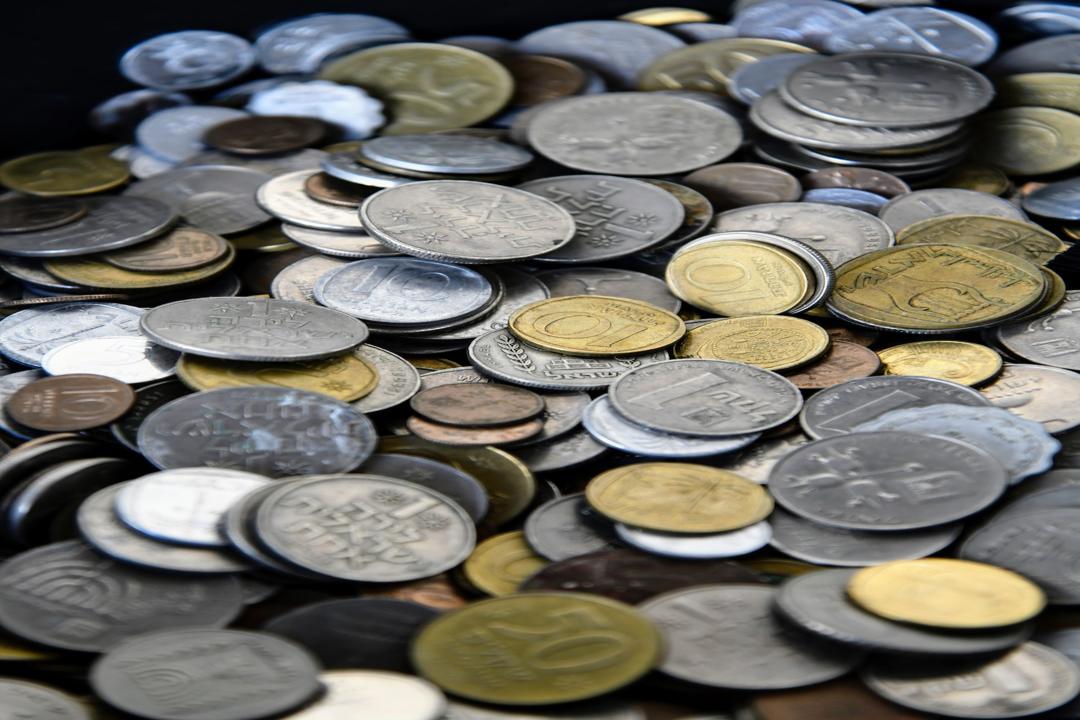Binance, a popular cryptocurrency exchange, has announced its extensive collaboration with Nigerian authorities in response to recent challenges faced by its operations in the country. In a blog post on March 13, Binance revealed that its relationship with the authorities has drastically changed over the past few months. Notably, in August 2023, the exchange conducted two full-day training sessions with officials from the Economic and Financial Crimes Commission (EFCC) in Abuja and Lagos. Over 30 investigators attended each session, where they were taught how to track money on the blockchain using various tools, both public and commercial. Binance also presented several case studies involving Nigerian suspects, which received highly positive feedback from the investigators, who expressed a keen interest in continuing this collaborative format.
Furthermore, Binance has been actively addressing information requests from Nigerian law enforcement agencies, responding to 626 of them on average within 37.4 hours between June 2020 and February 2024. These requests have been in support of investigations conducted by the Nigeria Police Force, EFCC, and INTERPOL Nigeria.
The blog post serves as a response to allegations made by the Nigerian government, accusing Binance of manipulating the national currency, the Nigerian naira (NGN), and contributing to the country’s economic troubles. Consequently, the government has called for a ban on all cryptocurrency exchanges operating in Nigeria. Additionally, the Central Bank of Nigeria (CBN) has expressed concerns about suspicious financial transactions through Binance Nigeria, estimating that $26 billion was transacted by unidentified users and sources in 2023.
As a result of increased scrutiny, Binance’s relationship with the local government has undergone a significant transformation, leading to the detention of two senior executives on February 26. To comply with the crackdown, Binance has also removed all Nigerian Naira trading pairs from its peer-to-peer service.
Nigeria is recognized as one of the fastest-growing crypto economies globally and ranks second in terms of global crypto adoption as of 2023. However, the Nigerian naira faced considerable volatility last year due to economic unrest and low investor confidence. In June 2023, the naira depreciated by 36% on the official market following President Bola Tinubu’s removal of trading restrictions and the suspension of Nigeria’s central bank governor, Godwin Emefiele.
Magazine: Deposit risk: How do crypto exchanges handle your funds?

